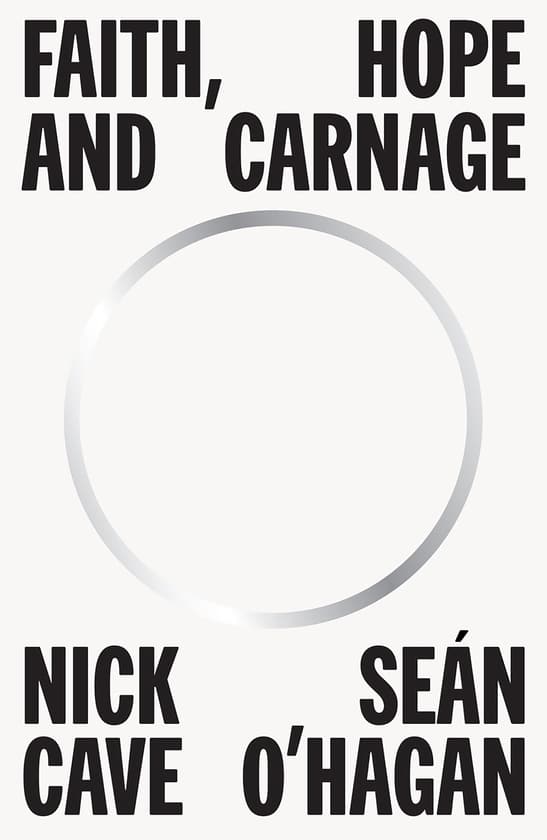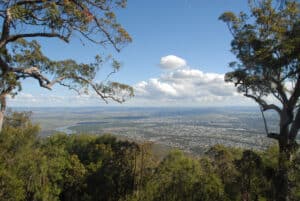
By Bruce Everett
18 February 2023
Nick Cave and Sean O’Hagan, Faith, Hope And Carnage (Melbourne: Text Publishing 2022)
Nick Cave, ex-pat Melbourne musician and enfant terrible, has matured and mellowed. Written during COVID lockdown, this book curates 40 hours of conversation with journalist, Sean O’Hagan, about life and death, the sacred and the secular. For Cave, this book is a live conversation rather than a memoir, and O’Hagan skillfully draws out, not only a thoughtful Cave, but also a humble and vulnerable father, son, and husband.
This is a profoundly religious book, and Cave suggests to O’Hagan that “it could be that you need to view my work, my relation to the world, and, indeed, my position on things within a religious frame, or it all may not really make sense.” He articulates his faith, and his hope for the world, from his increasingly Christian perspective. For Cave, being open to the divine as the source of creativity and a source of connection to others is paramount. His songs “behave as though God exists…and that being alive is of some consequence. That we are of some spiritual value.”
While Cave acknowledges the mystery of God, as well as his own doubt and unknowing, his description of surrendering to the creative process and glimpsing God is as well articulated as any experience of the mystic writers. Where words fail to describe the ascendant prayer nature of some of his music, he refers the reader directly to his songs, including from his recent Skeleton Tree, Ghosteen and Carnage albums – one written as “a grieving zombie… throbbing with pain and darkness and confusion” after the death of his son, Arthur, and the latter written as Cave experienced the COVID pandemic as “something fractured and smashed apart.”
In conversation, he openly shares the transformation which his family grief has wrought in him. “When it happened, it just seemed like I had entered a place of acute disorder – a chaos which was also a kind of incapacitation. It’s not so much that I had to learn how to write a song again; it was more I had to learn how to pick up a pen.” Then: “ultimately, it opened up all kinds of possibilities and a strange reckless power came out of us. It was as is the worst had happened and nothing could hurt us, and all our ordinary concerns were little more than indulgences.”
Cave, despite or because of the losses, appears more mature and mellow, more resolved, more comfortable with his religion. As he says, unlike secularism, which attempts to “find meaning in places where it is ultimately unsustainable – in politics, identity and so on…religion, at its best, can serve [to help] people feel more attached to each other and the world…it deals with the necessity for forgiveness and mercy, whereas I don’t think that secularism has found the language to address these matters.” His faith and hope inspire his work and help to offset the carnage of the world and in his life.
The Reverend Bruce Everett is a deacon in the Diocese of Melbourne

For more faith news, follow The Melbourne Anglican on Facebook, Twitter, or subscribe to our weekly emails.






